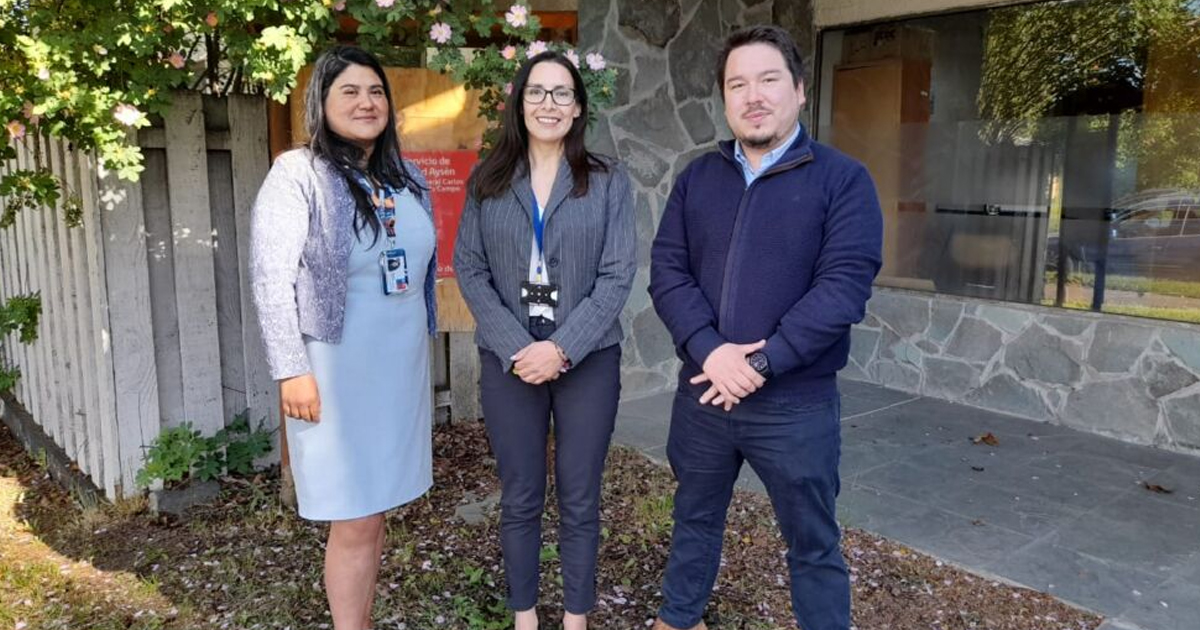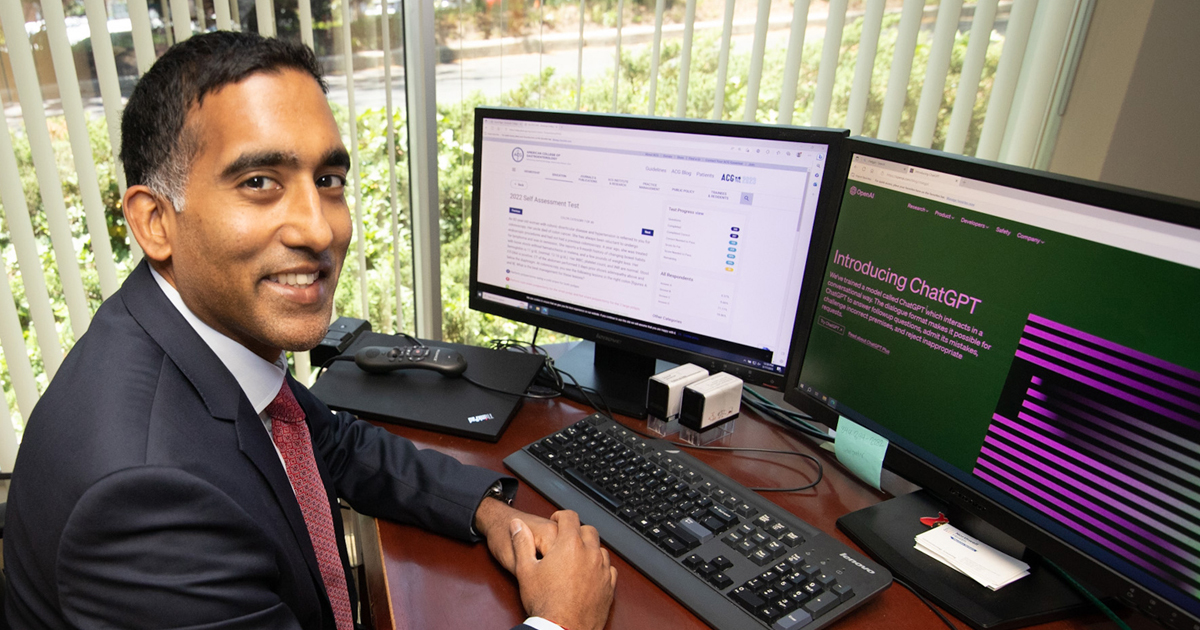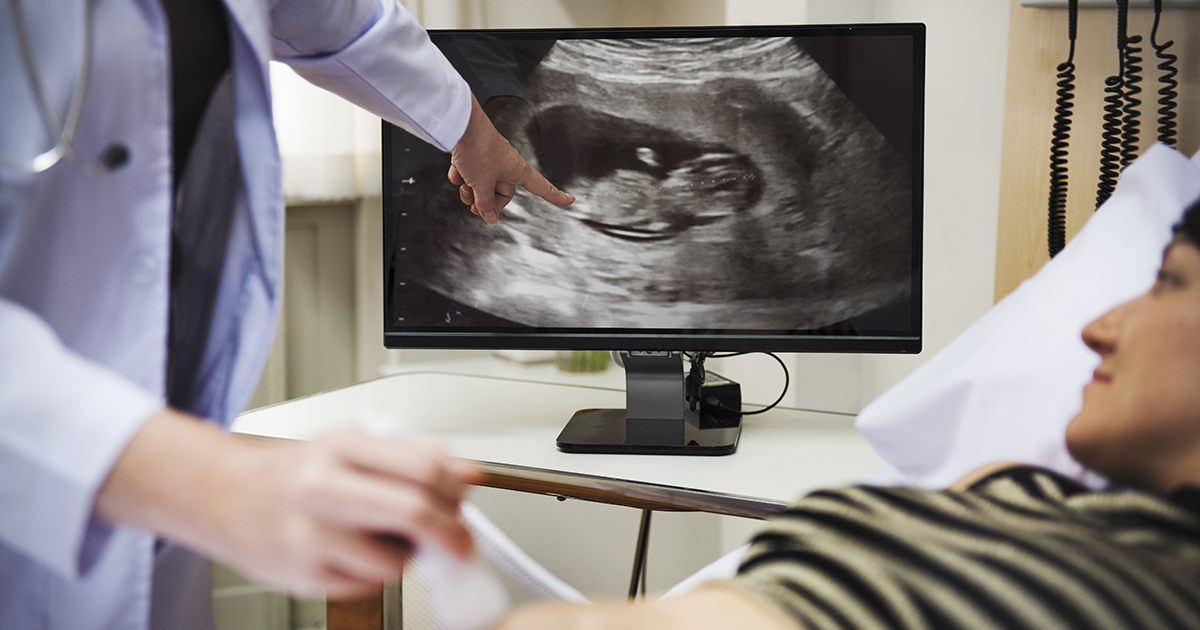78% of the Basic Health Units (UBS) in Brazil have electronic patient registration systems, higher than the 2018 figure by 9 percentage points.
Despite the encouraging figures, in Brazil 9% of UBS still do not have computer equipment in their facilities and 18% have no internet connection, this according to the ICT study Saúde 2019 recently published by the Internet Steering Committee in Brazil (CGI) in collaboration with the Regional Center for Studies for the Development of the Information Society (Cetic) and the Center of Information and Coordination of Ponto (NIC).
This is the seventh annual report published by the NIC, each year two reports are published one that specializes in data on health facilities and the other that focuses on health personnel. In the first, entitled ICT Saúde 2019 Estabelecimentos the data are divided into three sections that measure different aspects on technical infrastructure issues, or services offered:
A - ICT infrastructure and IT management.
B - Electronic Health Registration and Information Exchange.
C - Services offered to the patient and telehealth.
Within Category A, it is noted that only 14% of public hospitals have a specialized area in Information Technologies for 38% of private hospitals, however, it is noteworthy that 96% of hospitals have fixed broadband internet access, internet access in public and private sector hospitals is almost covered at almost 100% , including health centers that do not have hospital beds.
However, the most relevant data within the study are in category B, in the first question, which refers to the application of electronic patient registration systems, the results showed that 74% of public hospitals have such systems, even in the southern region of Brazil there is a higher percentage of hospitals that maintain an electronic record of their patients , with 90%.
Despite great progress, there is a large room for improvement in hospital electronic registration systems, only 25% of public hospitals have an interoperability electronic system, which represents a rapid advance since in 2012 only 5% of hospitals had electronic registration systems. In addition, THE HIMSS check is divided from levels 0 to 8, and is up to level 6 when interoperability is taken into account, so in some years hospitals that are currently below 6 may raise their level of certification.

Finally, in Category C, which measures the services provided in telehealth and the type of services, it yielded important results in the adoption of such systems throughout the country. Although 73% of hospitals in Brazil do not participate in telehealth networks, at least four telehealth networks, linked to public universities and the National Network of Education and Research, are also registered with state telehealth networks and federal Telehealth programs.
The advancement in ICT and use of internet, telemedicine and electronic patient registration in hospitals and health systems in Brazil was positive in 2019, and surely in the 2020 report will show another important breakthrough. Amid the pandemic and Brazil as the second country with the highest number of contagions and deaths, it has made cities and departments advance the implementation of telemedicine networks and Digital Health projects, as seen in the city of Rio.






